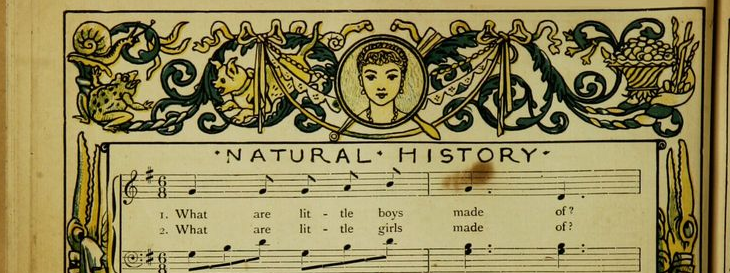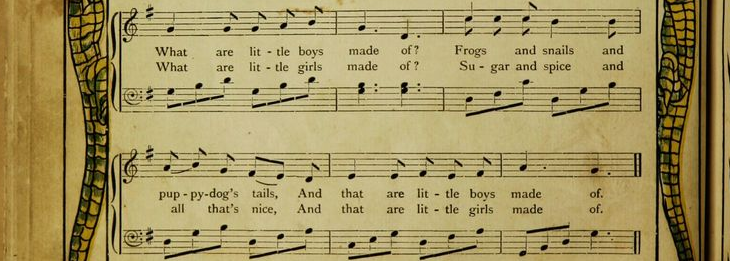|
As widows we're not allowed to be angry by wider society. Weeping? Yes. Screaming obscenities into the void while punching things? Apparently, no. I wasn't brought up to be angry. I was brought up not to raise my voice. To be gentle and softspoken. As the memes all say, to be kind. I find raised voices uncomfortable, and I will do everything I can to avoid confrontation. This is a combination of my specific upbringing, and of growing up in a world where women are supposed to be sugar and spice and all things nice, rather than slugs and snails and puppy-dogs' tails.
But when my husband died, I was angry, in a way that I hadn't ever been angry before. Angry at him for dying and leaving me. For not having managed his diabetes better. For not having told me he was feeling ill. For dying without a will. For being on the border of being a collector and a hoarder (and it's not such a fine line) and leaving me with So Much Stuff to clear. I was angry every time I thought I was done and I unearthed another box of magazines or pile of kits or stack of paperwork and uncashed cheques. I resented him. And then I felt like I was betraying him, so I didn't feel that I could show that face of anger to anyone. I was angry at other people for having a partner during lockdown when all I had was a house of clutter and a pile of grief. I was angry because he was supposed to be my happy ever after and he wasn't. And I was angry with myself for not having seen the signs of him being ill. For not having done better. For not saving him. Showing the face of anger So many of the models of grief include a reference to anger. Anger, however, isn't something we always feel that we can show to the outside world. We may feel that people 'out there' may believe that widows whose partners have died by suicide, through violence or accident, or because of any kind of misadventure or risky behaviour, have every reason to be angry. However - I believe that all widows have the right to be angry with the situation that they are in. There are so many reasons to be angry – being left alone to cope with a difficult situation, families or in-laws that make your life hard, losing access to stepchildren, people you thought were close just disappearing, having to leave a place you adore or a job you love because it's just not tenable to stay, or simply, losing the life you thought you were going to have. Being angry at yourself, your god, the person who died, the universe. The list goes on. For someone with my upbringing, showing the face of anger was really hard. I felt like the slugs and snails were under the surface where the sugar and spice was supposed to be, and that they were going to break out and I would scream and scream and never stop. Living out in the middle of nowhere in lockdown had its bonuses. I could go and shout in a field and only the sheep heard what I said (poor sheep…) Living with the anger Its important that we acknowledge that we are allowed to be angry, and that anger is a normal human emotion. Our anger, especially when it's towards the person who died, can be tied in with unresolved hurts or resentments that can never now be sorted out. This includes anything from a silly disagreement about who should have taken the bins out, through risky behaviour that contributed towards their death, to something that comes out after death that shows they were not the person we thought they were. We can also be angry with people who have an actual or a perceived link with the death of our partner, from the drunk driver or the doctor to the person who lent them a bike on the day of the death, or delayed them so they missed the bus and had to drive to work. Bottling up anger isn't a good thing – we need to let it out – but yelling at friends and family, breaking things, hurting other people or hurting ourselves (either physically or mentally) isn't a good way to deal with it. If you feel that you are going to explode with anger:
2 Comments
|
AuthorI was widowed at 50 when Tim, who I expected would be my happy-ever-after following a marriage break-up, died suddenly from heart failure linked to his type 2 diabetes. Though we'd known each other since our early 20s, we'd been married less than ten years. Archives
July 2024
Categories
All
|




 RSS Feed
RSS Feed